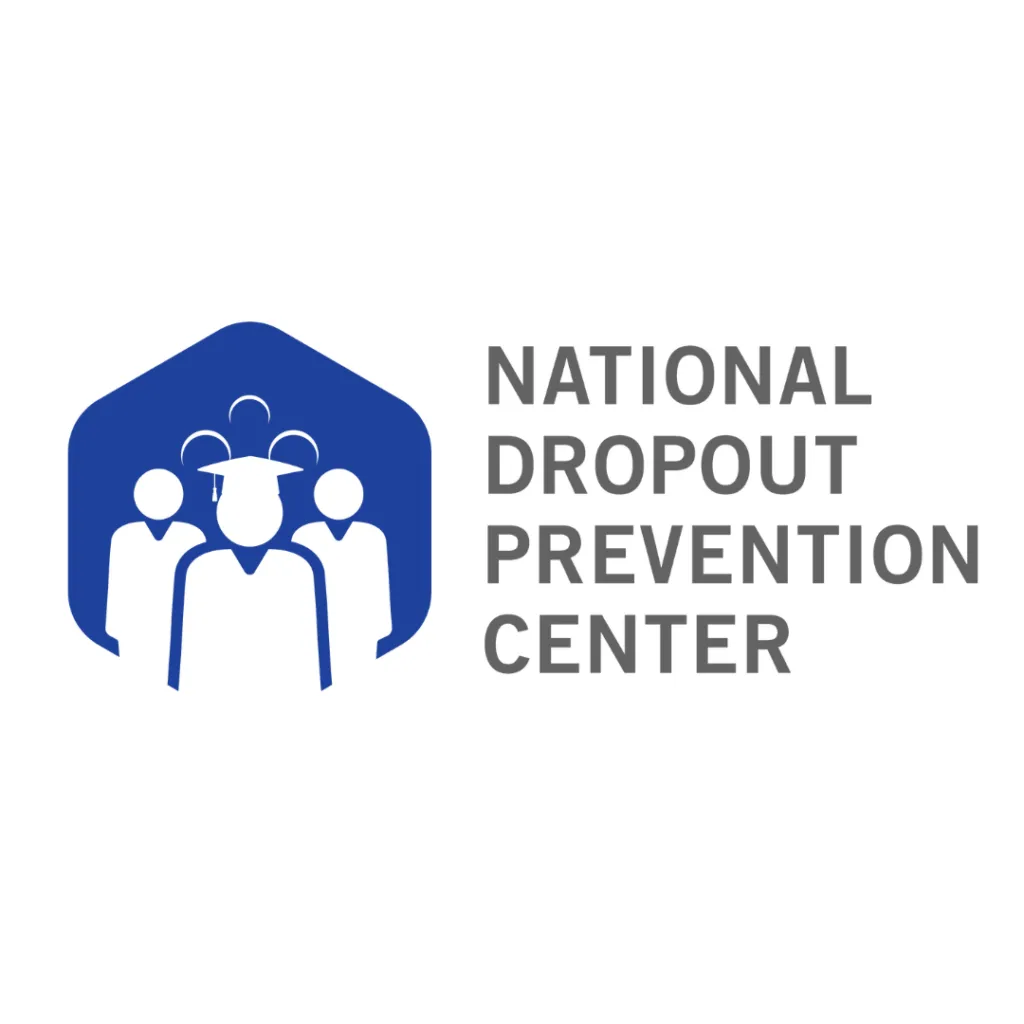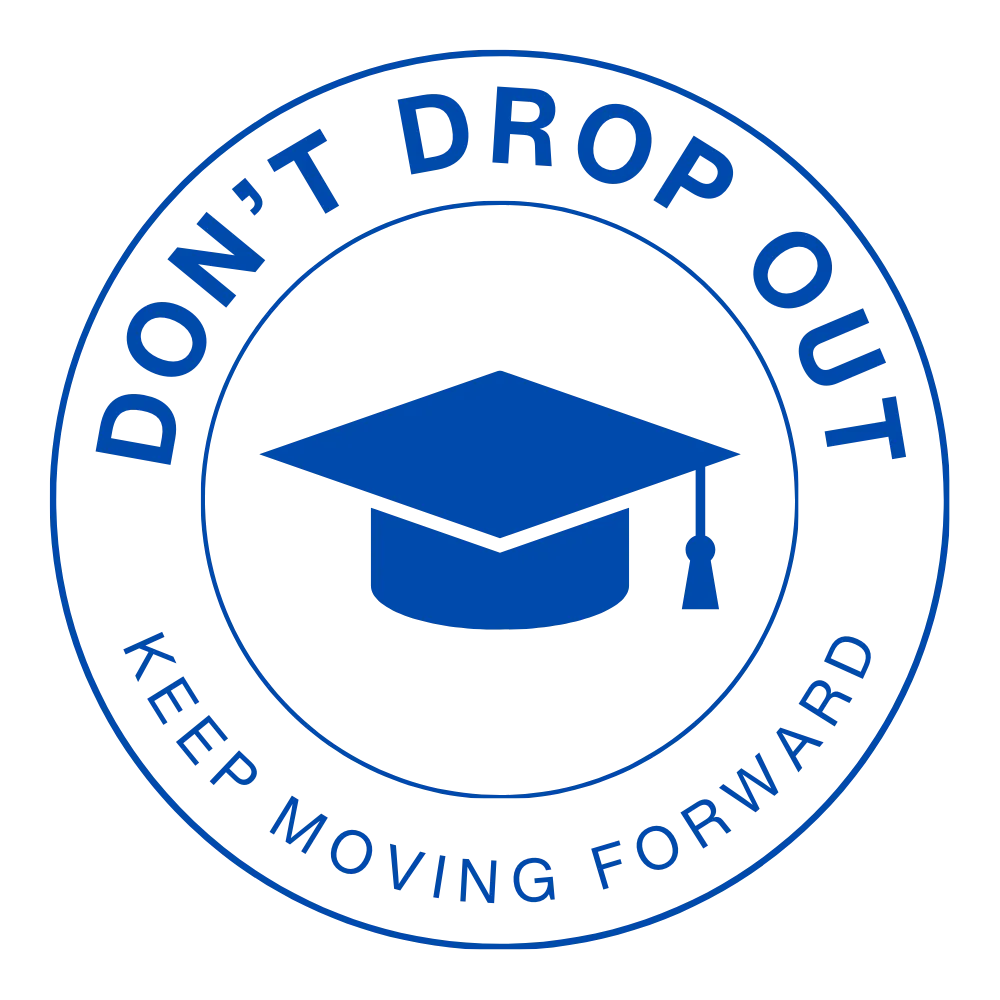BLOGS
Our Latest Articles

Recommended by the National Dropout Prevention Center
Systemic Renewal—A continuing process of evaluating goals and objectives related to school
policies, practices, and organizational structures as they impact a diverse group of learners.
School-Community Collaboration—When all groups in a community provide collective support
to the school, a strong infrastructure sustains a caring supportive environment where youth can
thrive and achieve.
Safe Learning Environments—A comprehensive violence prevention plan, including conflict
resolution, that must deal with potential violence as well as crisis management. A safe learning
environment provides daily experiences at all grade levels that enhance positive social attitudes
and effective interpersonal skills in all students.
Family Engagement—Research consistently finds that family engagement has a direct, positive
effect on children’s achievement and is the most accurate predictor of a student’s success in
school.
Early Childhood Education—Birth-to-five interventions demonstrate that providing a child
additional enrichment can enhance brain development. The most effective way to reduce the
number of children who will ultimately drop out of school is to provide the best possible
classroom instruction from the beginning of their school experience through the primary grades.
Early Literacy Development—Early interventions to help low-achieving students improve their
reading and writing skills in order to establish the necessary foundation for effective learning in
all other subjects.
Basic Core Strategies
Alternative Schooling—Alternative schooling provides potential drop- outs a variety of options
that can lead to graduation, with programs paying special attention to the student’s individual
social needs and academic requirements for a high school diploma.
After-School Opportunities—Many schools provide after-school and summer enhancement
programs that eliminate information loss and in- spire interest in a variety of areas. Such
experiences are especially important for students at risk of school failure because these programs
fill the afternoon “gap time” with constructive and engaging activities.
Mentoring/Tutoring—Mentoring is a one- to-one caring, supportive relationship between a
mentor and a mentee that is based on trust. Tutoring, also a one-to-one activity, focuses on
academics and is an effective practice when addressing specific needs such as reading, writing,
or math competencies.
Service-Learning—Service-learning connects meaningful community service experiences with
academic learning. This teaching/learning method promotes personal and social growth, career
development, and civic responsibility, and can be a powerful vehicle for effective school reform
at all grade levels.
© 2025 Don't Drop Out. All rights reserved.
Website & Marketing by RelaunchGrowth

